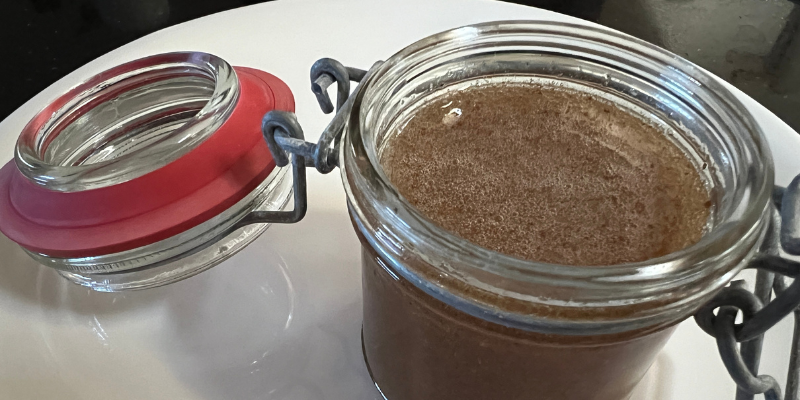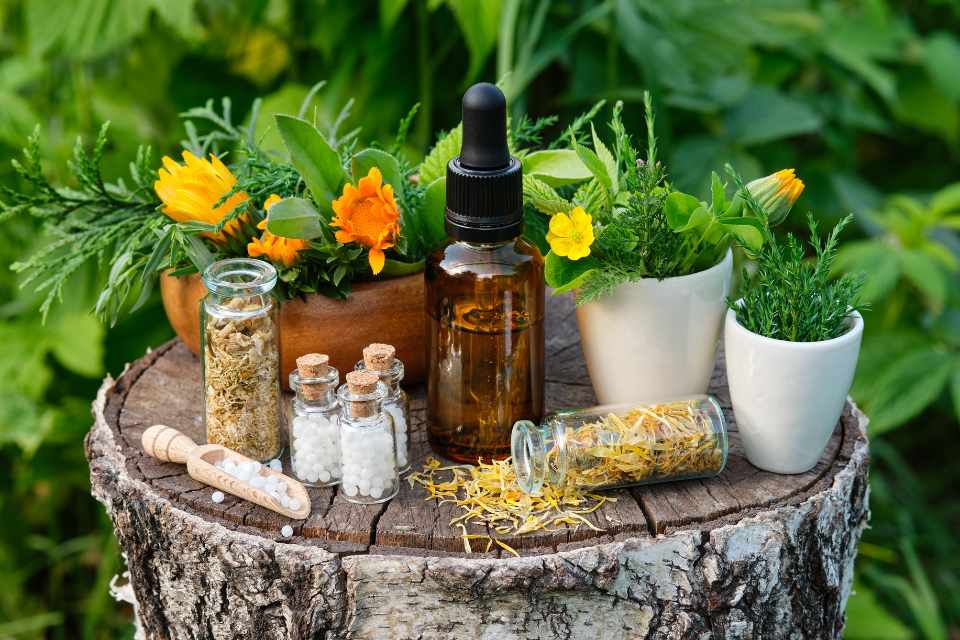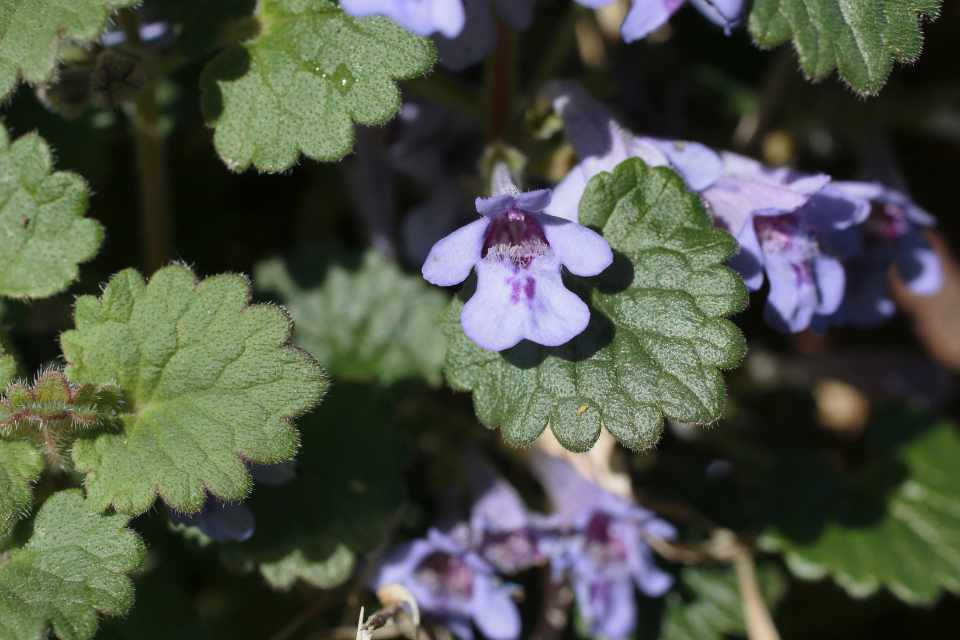Rhinitis is irritation or inflammation of the nasal mucous membranes. A condition often triggered by allergies. It is a worldwide problem that may affect up to 20% of the population.
Some people have allergic rhinitis only in certain seasons of the year. Usually spring or summer. They are usually reacting to plant pollens. This allergy is called hayfever or seasonal allergic rhinitis. When the allergy occurs all year round it is called perennial allergic rhinitis.
Most people with perennial symptoms are reacting to house dust or dust mites and their droppings. Feathers, animal fur or dander, and the saliva of animals can also be allergenic. Pollution and other environmental chemicals can also irritate the mucous membranes.
The symptoms include an itchy sensation in the nose. There will usually be a runny nose with frequent sneezing and a feeling of the nose being blocked. When the eyes are affected they can also be itchy, watery and red. In association there may be headaches, nosebleeds, fatigue or irritability.
One way to prevent symptoms is by avoiding the known allergens. There are also plenty of over-the-counter or prescribed medications for reducing allergy symptoms. Of course, reduction of symptoms is welcome. Yet the underlying problem persists and needs ongoing medication.
Yet not everyone has allergies. In sensitive people there is an exagerrated immune response. Allergen exposure causes immune cells to release histamine and other chemicals. Resulting in inflammation and swelling. Rather than only treating symptoms, perhaps a better way is to try and find the underlying cause and attend to that.
While genetics certainly play a role in susceptibility to allergies. We also know that environmental factors may be a stronger component. For example, we have long known that food sensitivity plays a role in allergic rhinitis.
Current research finds that gut health and the microbiome influence allergies. I will be writing more about this in a future article. For now, I will discuss the natural treatments that can reduce allergic symptoms.
Why use natural remedies when conventional medicines are available?
For one thing the aim of conventional medications is to treat the symptoms not to cure the condition. What’s more some of these medicines have uncomfortable side effects. Many people prefer to find natural remedies that can help reduce their symptoms.
The natural remedies in this article reduce allergy symptoms. They work by reducing inflammation and by blocking release or action of histamine. Some may also help to regulate the immune system.
Natural remedies for perennial allergic rhinitis
Nettles
The scientific name for stinging nettles is Urtica dioica. The stinging nettle leaves have a long history of use as medicine. This includes relief of allergies and other inflammatory conditions.
Nettles contain the flavonoid quercetin. As well as amines including histamine. Which might be surprising since histamine causes many of the symptoms of allergic rhinitis. Even so, studies have shown nettles help to reduce allergy symptoms.
In this study participants with allergic rhinitis used a 300mg freeze dried extract of nettles. 58% said the nettle treatment was effective for symptom relief. Whilst 48% said the extract was equal or better than their previous medicine.
Nettles block the release of histamine from mast cells in a similar way to antihistamine medication. The remedy also helps reduce symptoms of asthma, itchy skin and insect bites.
Quercetin
The flavonoid quercetin has been the subject of many human studies. We know that it is an effective anti-allergic remedy. As well as having anti-inflammatory, antioxidant and anti-viral properties. It inhibits the release of histamine and so reduces the inflammatory response. It also helps to regulate the immune system.
Many fruits and vegetables contain small amounts of quercetin. The highest amounts are in onions, especially the outer layers of the onion. Other sources are broccoli, peppers, apples, grapes, berries, the herb dill, tea and wine.
As a supplement it works well taken alongside bromelain for reducing allergy symptoms. The recommended dose is between 250-600mg, three times a day. Taken 5 to 10 mins before meals.
Bromelain
This is an enzyme that occurs naturally in pineapple, especially the central core. It has numerous health benefits. Often taken as a supplement to help improve the digestion. Bromelain regulates the immune system, calming down an over reactive response to allergens. Including reducing the inflammation and swelling associated with rhinitis.
As a supplement to help prevent allergies, it is generally recommended to take 500mg bromelain, twice a day, between meals.
N-acetylcysteine
N-acetylcysteine or NAC, is a naturally occurring amino acid. It has potent antioxidant properties. So it protects against oxidative stress and helps the body to detoxify. This study confirmed that N-acetyl cysteine helps to reduce allergen triggered inflammation. A typical dosage of NAC is 500mg twice a day.
Vitamin C
Vitamin C is another potent antioxidant. This non-toxic supplement reduces secretion of histamine. It also helps the body to break it down.
Natural remedies can cause allergies in some people. Do not take it if you have a known allergy to any of these supplements.
We know that poor gut health or dysbiosis may have a part in triggering the development of perennial allergic rhinitis. So, for anyone suffering with allergy symptoms it makes sense to improve gut health. I have written about improving gut health in a series of posts, starting with Optimise your digestive health
If you liked this post, you might also like my post
Could turmeric reduce allergic rhinitis symptoms?
Do you have allergies? Or, is it histamine intolerance…








0 Comments